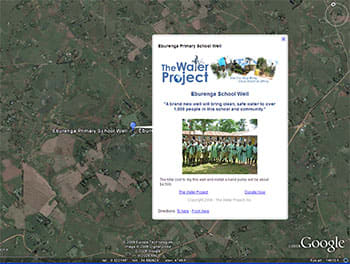We're committed to providing a reasonable estimate of usage. It doesn't help anyone to overstate the true impact of a water project.
Most of our recent projects actually serve around 500 people, which we consider the upper end of a reasonable limit for any hand-pumped well. Spring catchments serve around 200 or so.
Still, the number of people who use a water project will vary by location. If you've seen claims of wells serving thousands, ask questions. It's important to realize that simply because a community has a population of 1,000 people, it does not mean a single project can serve them all.
An overused well, for example, won't last very long.
Managing a water project over time is just as important as how many people it can serve. To make sure the projects we fund last as long as possible, we go back and check to find out what's working and what's not. We work hard to do the greatest good with your gifts.
Properly maintained, a pump can provide clean, safe drinking water for upwards of ten years or so before needing a complete overhaul or replacement. Properly maintained, other types of projects can last even longer.
 Solar Pump
Solar Pump 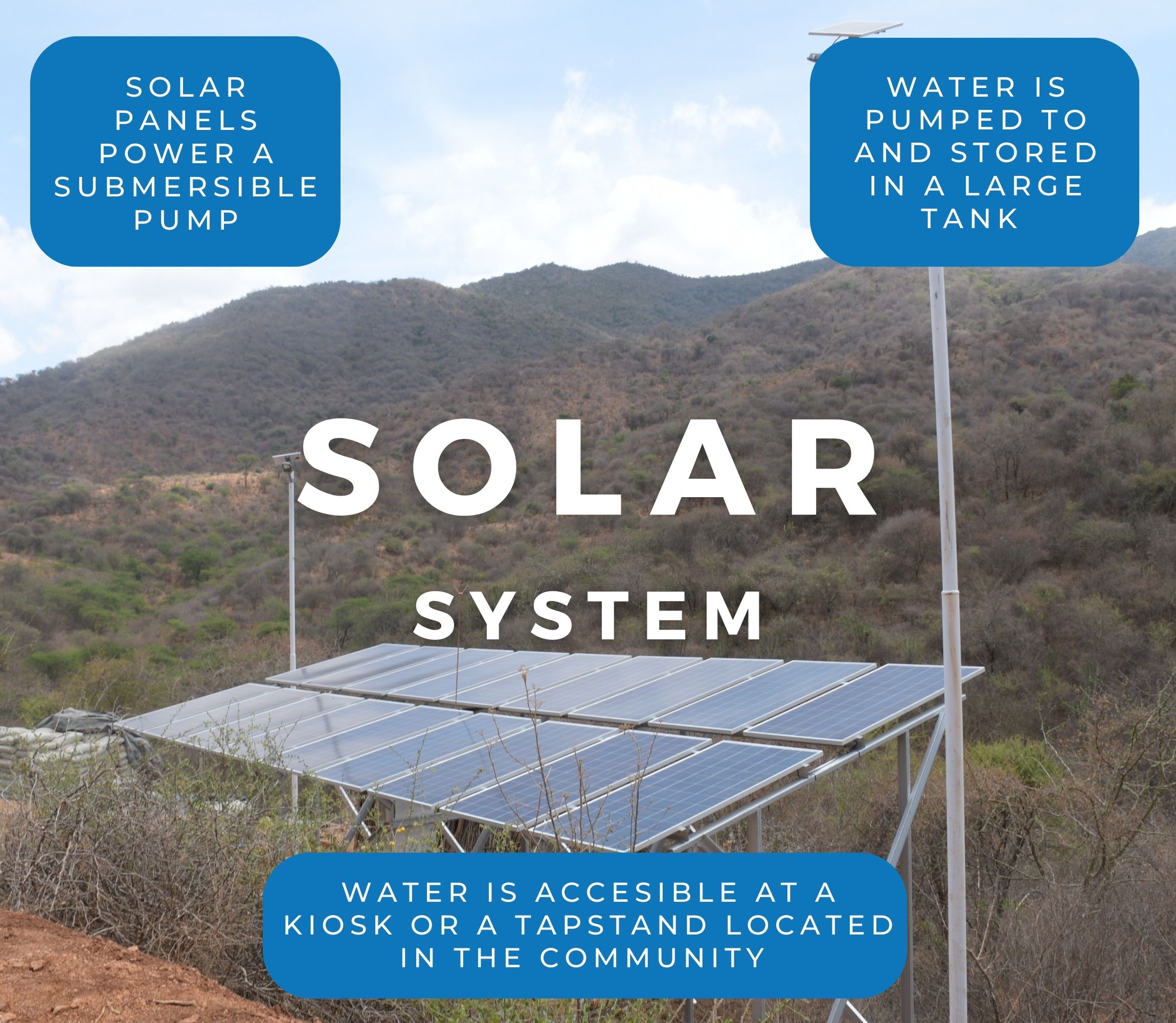
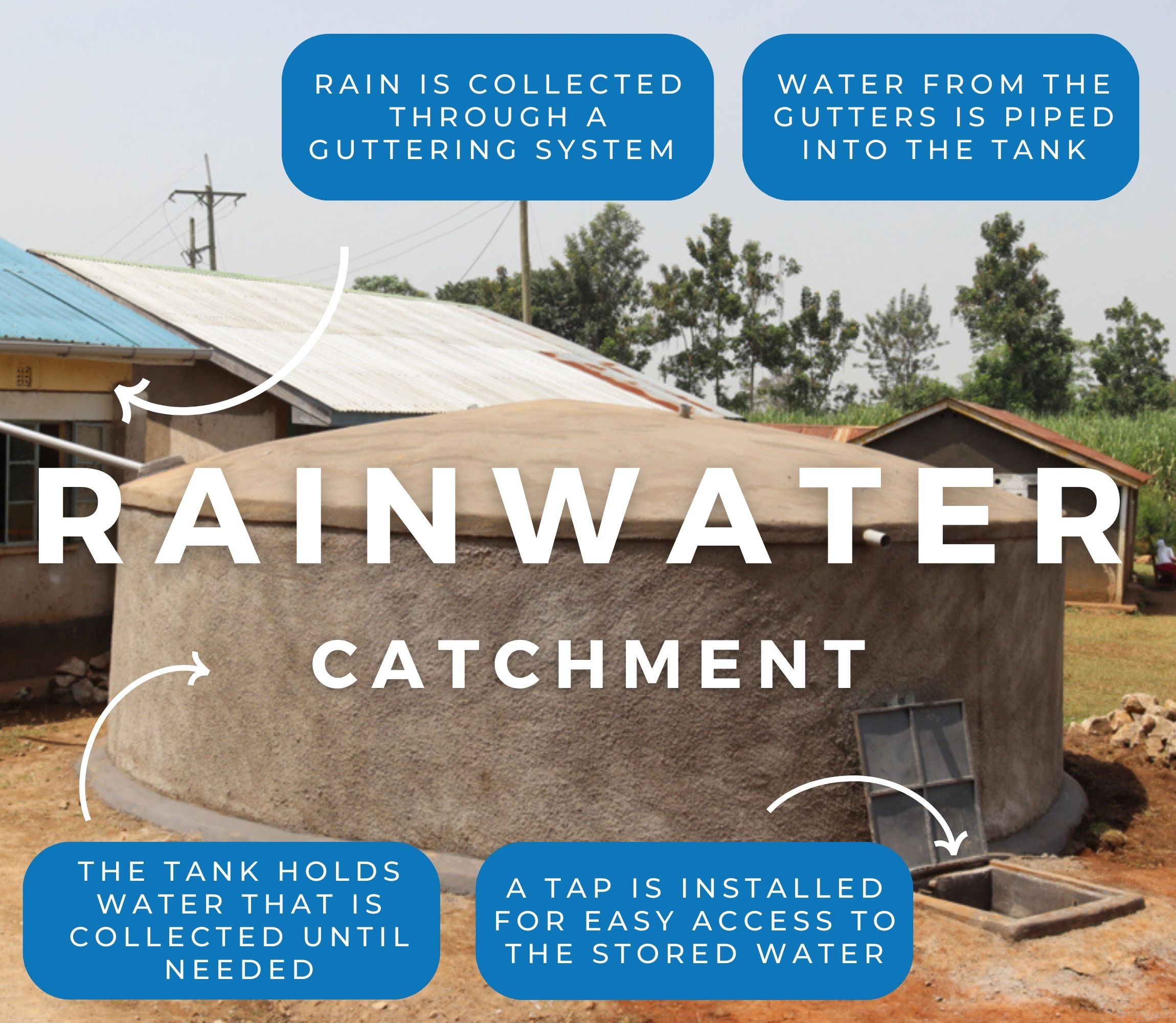
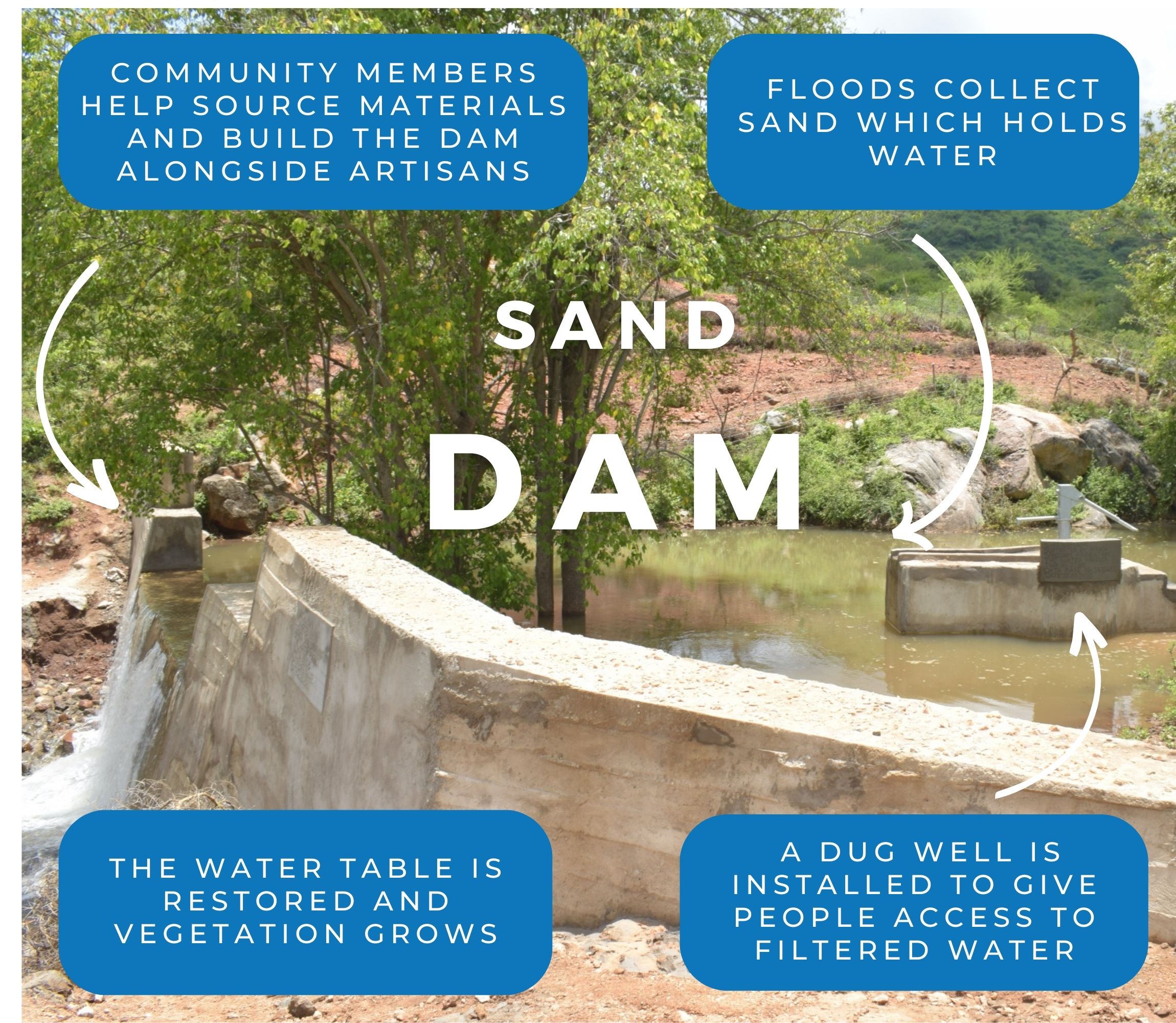
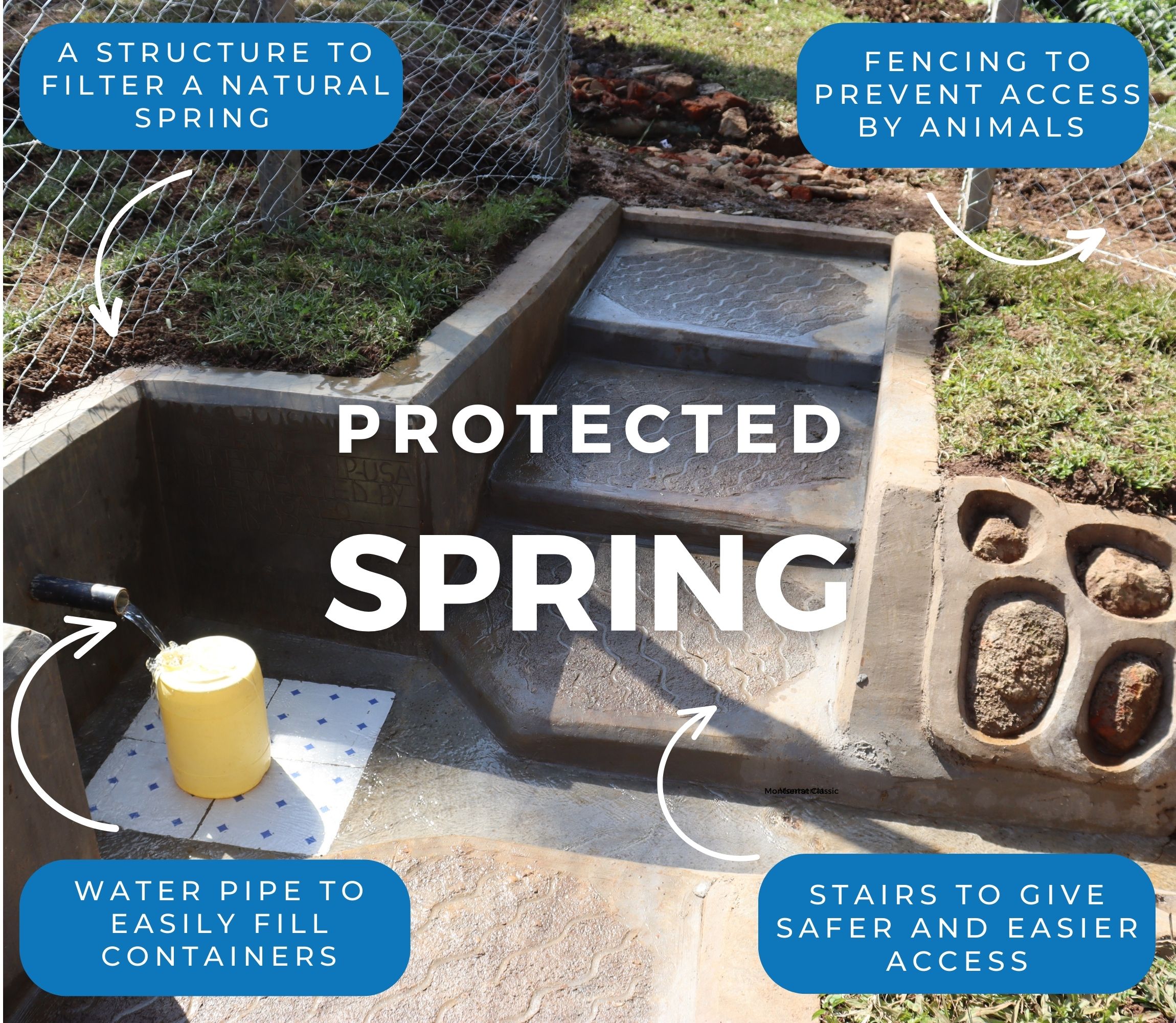
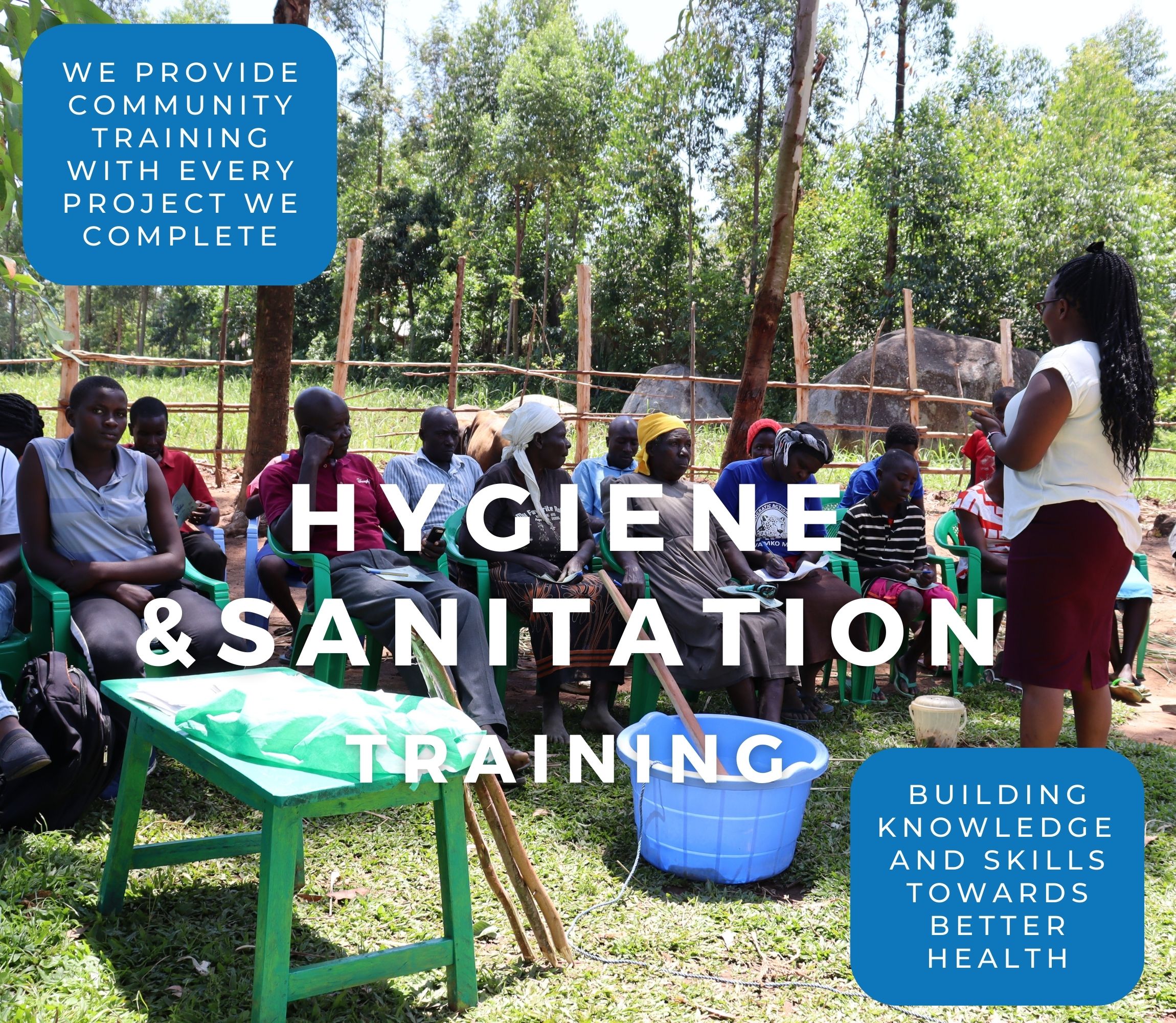
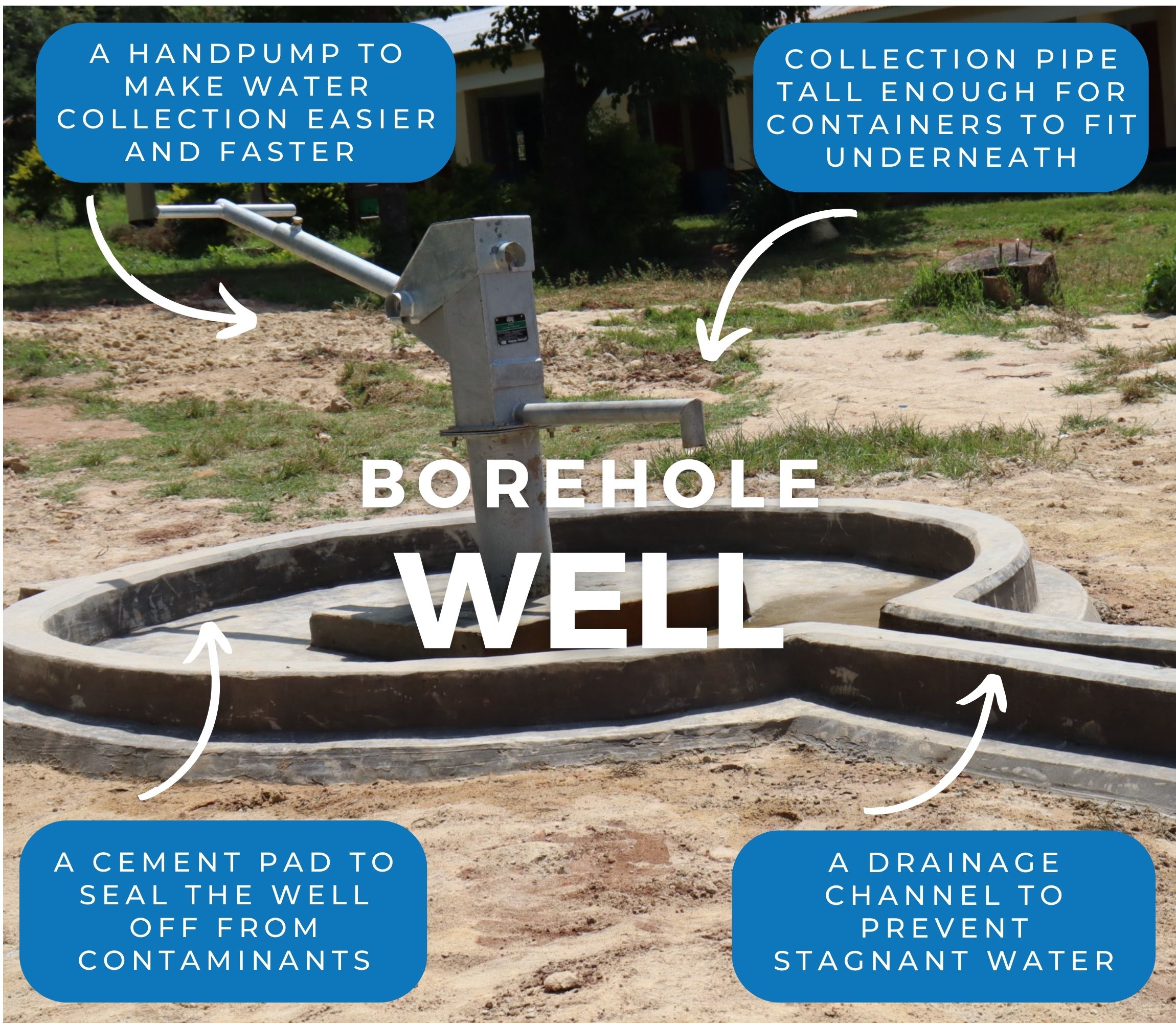


















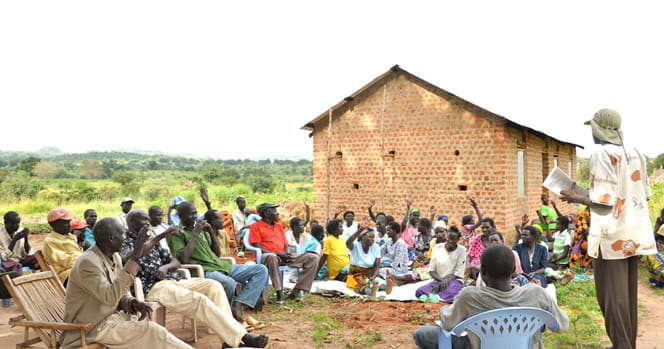 We work hard to make sure that a community's needs are always considered first. Our partners in the field help ensure that happens and we work with them to make the best possible decisions.
We work hard to make sure that a community's needs are always considered first. Our partners in the field help ensure that happens and we work with them to make the best possible decisions. 

 Yes, of course! Our implementation teams are great at sending pictures and updates back to us as they work. We'll pass those on to you through our
Yes, of course! Our implementation teams are great at sending pictures and updates back to us as they work. We'll pass those on to you through our 